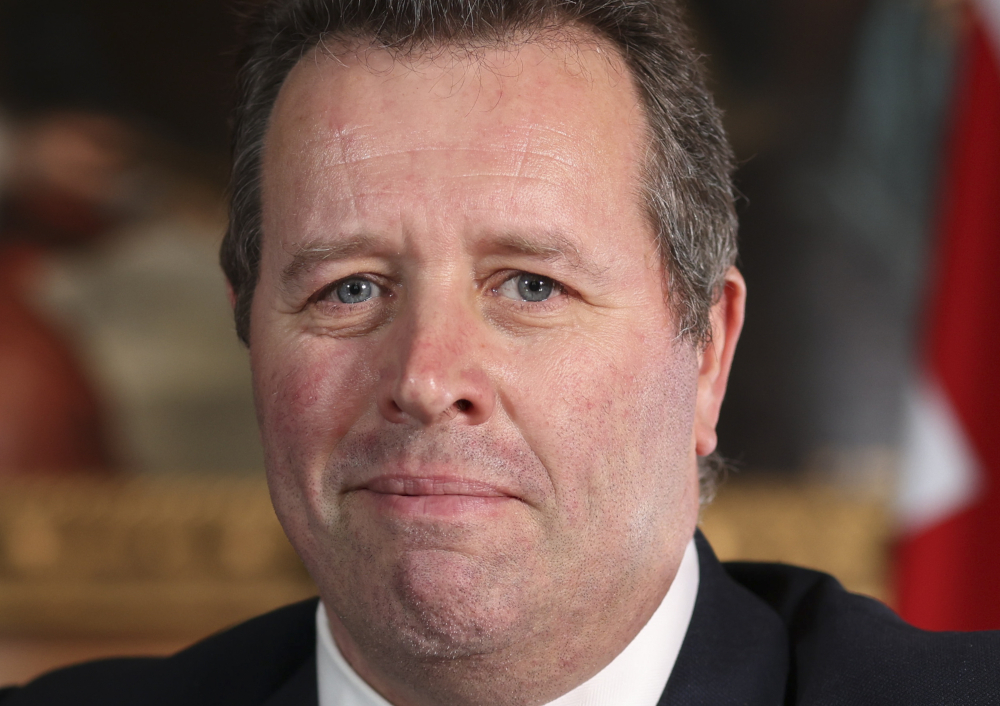The UK government has doubled the licensing period for hemp growers to six years and loosened rules for where crops can be grown, but other tight restrictions remain in place, according to a press announcement from the Home Office this week.
While the announcement appears to lower the cost of permitting from £906 ($1,130/€1,060) now required for six years to £580 ($727/€675), the British Hemp Alliance (BHA) said it is seeking confirmation of that change. Under current rules, a first-time license issued for three years costs £580 and can be extended for another three years for £326 ($408/€380). The changed licensing system also allows growers to defer planting start dates by up to one year.
Effective 2025
The BHA said the changes, to take effect in 2025, also mean farmers will no longer be required to get approval from the Drugs and Firearms Licencing Unit for the specific fields where they intend to grow, and can locate hemp plots anywhere on agricultural land.
“There was inconsistency in the decision-making process, making this simple rotation more challenging than necessary due to the extreme caution, additional questions and due diligence performed in each instance,” BHA said.
According to Farming Minister Mark Spencer, “The licensing changes announced today recognize industrial hemp as a field-grown agricultural crop and will enable more farmers to add hemp to their crop rotations, sequester carbon, and sell their harvest to the textile and construction industries.”
No flower growing
Still, key restrictions remain. Most critically, British farmers who hold hemp licenses may only grow crops for grain and fiber, may not grow indoors, and may not farm or process flowers, which are under separate licenses intended for the production of medical cannabis – medical marijuana and hemp-derived, pharma-grade CBD or other cannabinoids.
“Growers who wish to use the controlled parts of the plant (the leaves, flowers) for lawful purposes, including the production of pharmaceuticals such as cannabis-based products for medicinal use, can do so under a standard cannabis cultivation license,” according to the Home Office. Such licenses for growing cost £4,700 (~$5,800/€5,490) while processors pay £6,019 (~$7,300/€7,030).
That leaves UK hemp growers out of the value chain in the country’s domestic market for over-the-counter CBD extracts, a subsector estimated at more than $800 million – let alone the global export market estimated at many billions more.
0.2% THC threshold
Also, while the Home Office said it has “asked the Advisory Council on the Misuse of Drugs to provide advice on whether the THC level permissible in industrial hemp varieties could be safely raised to 0.3%,” the threshold, for now, remains at 0.2%, a throwback to European standards that were abandoned by the European Union in 2020.
“The higher THC threshold in-field will allow for a much broader option of varieties for farmers to choose from and encourage a more resilient and productive seed crop which is a huge boost for the food industry,” according to BHA.
Most hemp varieties now being developed are based on at least 0.3% THC. Recent global trends have seen many countries adopt a full 1.0% THC as the defining line between industrial hemp and marijuana.
Right direction
Despite the significant restrictions still in place, BHA said the changes in licensing and field location are steps in the right direction.
“We welcome a more effective system with less bureaucracy and a more mature perspective of industrial hemp farming,” said Nathaniel Loxley of the BHA. “We’re positive that the benefits of a more open and progressive approach to hemp will unlock greater prosperity for farmers, encouraging growth in an industry that can help to revitalize the rural farming economy and create sustainable biomaterials for the built environment.”
Encouraging farmers
The changes “will support farmers to grow hemp and encourage investment in the industry,” the Home Office said. The current number of hemp licensees is 136, the Home Office reported. Recent years have seen less than 1,000 hectares of hemp fields total in the UK.
At the same time, the regulatory structure will “continue to protect the public from drug misuse,” the Home Office said.
“The changes will not affect the robust laws in place regarding the control of cannabis, which is a Class B controlled drug under Part 2 of Schedule 2 in the Misuse of Drugs Act 1971. People will therefore not be able to use these changes to avoid being charged with possession or supply of cannabis,” according to the press statement.

